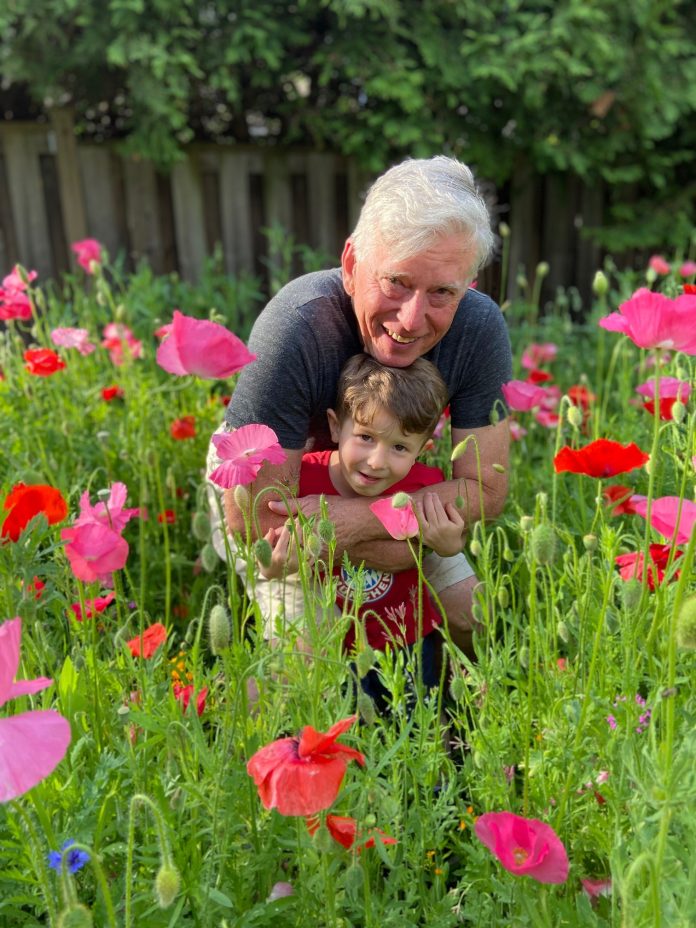Tired of being told what to do?
If so, you will like our column this week. Gardeners are generally busy doing stuff. But there are some tasks that just are not necessary, some are a walk backwards.
Here is our list of Not To-Do’s which will guide you to your most productive garden outcome:
Fertilizing. Resist. Do not fertilize your permanent plants in the second half of the season, ie. now. Most plants will have taken what they need from the soil and an additional boost of nutrients can result in soft new growth that is susceptible to winter dieback. Focus on long-term soil fertility by adding compost and mulching heavily for happy, healthy plants come fall. Note that tender annuals can be fertilized any time all season long as they die with first season frost anyway.
A fall lawn fertilizer, which is important, should be lower in nitrogen (which promotes green growth) and relatively higher in phosphorus (to promote healthy roots) and should not be applied until late October or early November.
Scheduled watering makes no sense. You drink when you’re thirsty, right? Plants are like people, which is why putting your in-ground sprinkler on a timer is a waste of water and may lead to over watering. Apply water less frequently, and deeper to train your plants to put down deeper roots. Note that perennial plants all have different needs for water. Astilbe does not like to dehydrate while Hosta are tough as nails in this regard. Hand watering has its advantages.
Do not garden naked. We have tried weeding in flip flops, and it never goes well. We wear cloths in the garden for protection: from the sun, prickles, soil, and stinging nettles (do not think too much about this, but stinging nettles while gardening naked?). Americans in Seattle have other ideas. They created a day called World Garden Naked Day, which is always the first Saturday in May. The British have enthusiastically embraced this idea. Pruning while naked? Strictly forbidden.
Landscape fabric. Sometimes called weed barrier fabric. We believe that this is false advertising. When you lay down the polyester spun material that allows water through and in theory no weeds, you are inviting weeds to germinate and root into the fabric, which is course and tough as nails. The results are not weedless gardens but gardens full of weeds that are difficult to pull out of the ‘weed barrier’ fabric. It IS useful for use under interlocking brick and to line a retaining wall, holding back excess soil and grit.
Cut your lawn. Of course, you will cut your lawn when it is needed, but when is it needed? We say, not until it grows above 7 or 8 cm tall. The taller the grass blades the deeper the roots. Most Canadians cut their lawn too often and too short.
Do not forget the garden furniture. You placed a bench in the extreme end of the garden as it looks good there. When did you last sit on it? Shut your eyes and listen to the wind in the trees, the bird song in the bushes, the buzz of bumblebees in your bergamot? There is so much more activity going on in your garden than you will ever realize, until you stop long enough to observe it with all your senses.
What not to do in the garden? Work. We do not mean ever, but from time to time, work is done even when there are endless jobs still to do.
Here’s a recommendation: Mark sowed a garden of “hummingbird flowers” in his yard with his four-year-old grandson Conrad last fall (McKenzie Hummingbird and Wildflower mix, $14.99). This year it exploded with poppies and a variety of other bright, pollinator-attracting flowers. When you stand next to it, as Conrad does every time he visits, you slowly become aware of the myriad of mason bees, bumble bees, unidentified flying objects and yes, even hummingbirds that are a cinch to overlook while you are in motion.
Mark Cullen is an expert gardener, author, broadcaster, tree advocate and Member of the Order of Canada. His son Ben is a fourth-generation urban gardener and graduate of University of Guelph and Dalhousie University in Halifax. Follow them at markcullen.com, @markcullengardening, and on Facebook.


